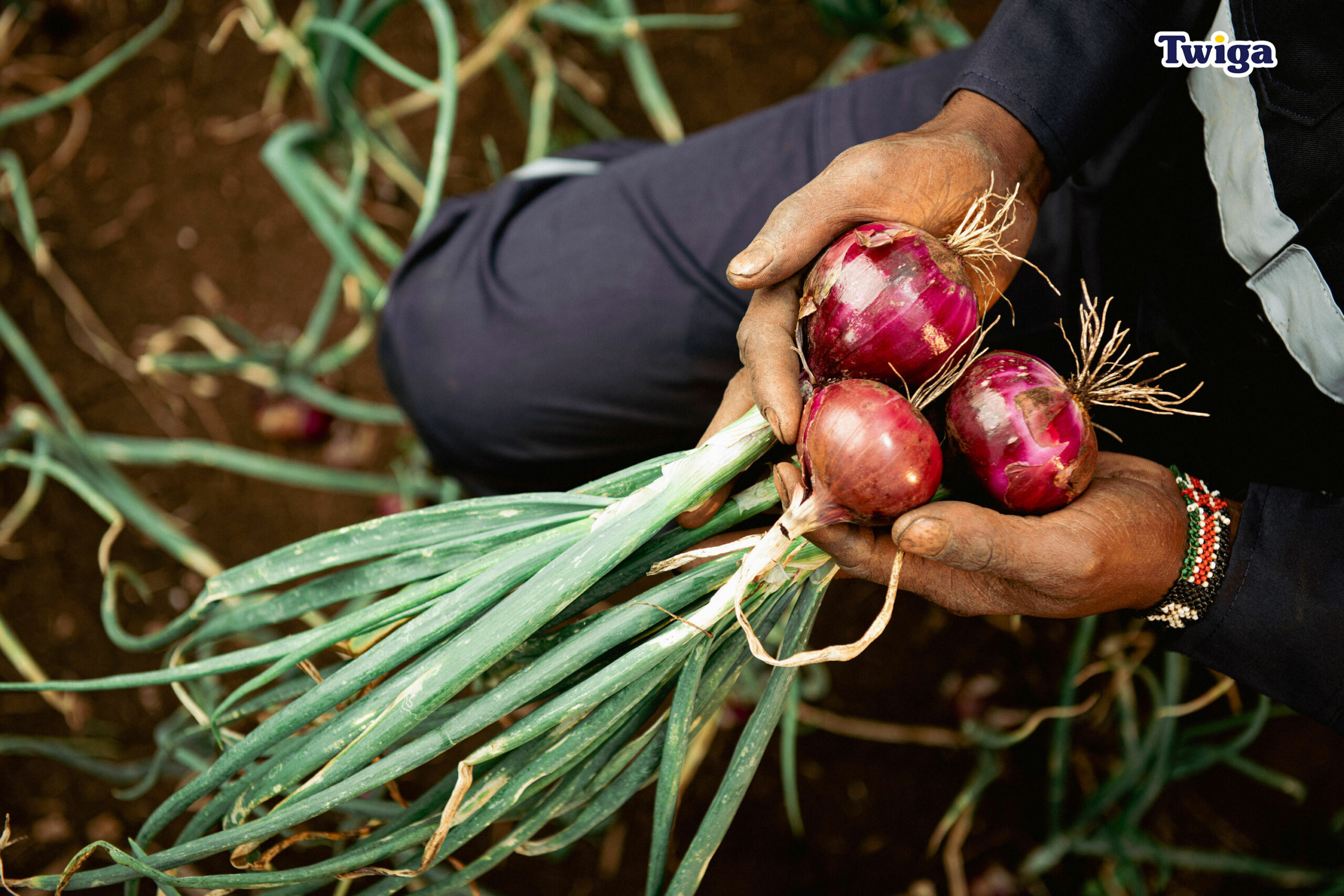advertisement
Liquid Telecom Deploys IoT On Twiga Foods’ Takuwa Farm

Liquid Telecom has signed a significant partnership deal with Twiga Foods to enable the deployment of innovative IoT solutions in Twiga’s Takuwa farm, with an eye on the long term objective of making food security a reality in Kenya, and by extension Africa.
A leading pan-African telecoms group, Liquid Telecom, celebrated the deal to increase agricultural productivity through precision farming in a partnership aimed to open up a new world of opportunities as enabled by Kenya’s rapidly expanding Internet of Things (IoT) network.
“Increasing business efficiency through digital solutions is one of the main reasons we partnered with Liquid Telecom,” said Peter Njonjo, CEO, Twiga Foods. Adding; “By using smart devices, we have automated multiple processes across the farm’s production cycle.”
advertisement
Njonjo further noted that the use of soil probes in monitoring soil moisture in the expansive farm has resulted in the efficient use of water, as irrigation happens only when the soil moisture level is low. Having been a beneficiary, he encouraged other farmers to deploy IoT solutions to aid in food security.
Liquid Telecom has deployed a complete precision agriculture IoT system to improve farm productivity at Twiga’s Takuwa farm. The system includes four different types of agriculture sensors: a comprehensive weather station, soil moisture, and temperature probes, borehole water meters, and sensors for measuring irrigation water acidity and salinity.
The system takes advantage of Liquid Telecom’s extensive low-power wide-area IoT network using 0G Sigfox technology, covering 85 per cent of the population in Kenya at lower costs than other technologies.
advertisement
These sensors provide critical information to the Twiga agronomy team. The smart weather station provides real-time data that helps farm managers deploy the most productive farming methods for irrigation and the application of pesticides. Furthermore, the water quality sensors provide specific metrics that help the team to optimize their fertilizer application. Additional data gathered and monitored on a real-time basis include temperature, humidity, rainfall, and wind speed.
The soil probes installed at Twiga’s Takuwa farm measures moisture levels and temperature at six different depths into the soil, giving precise information of soil quality and irrigation needs at the roots of specific crops. This is set to increase yield and productivity directly and will benefit Twiga’s food security efforts during and beyond COVID-19.
Commenting on the partnership, Adil Youssefi, Liquid Telecom CEO for East Africa said, “I am excited about this partnership because, at Liquid Telecom, we strive to be at the forefront of technological innovation that continues to bring a positive transformation in many sectors of the society, including Agriculture.”
advertisement
The deployment of the intelligent farming expertise on the Twiga Foods Takuwa Farms through the use of our IoT sensors will increase productivity and efficiency, ultimately contributing to the national Big 4 Agenda. IoT is trusted to have the potential to dramatically transform agricultural productivity, leading to greater food security and improved farmer incomes in Kenya.
“Climate change and global warming have brought about unpredictability in terms of weather patterns. Adopting smart agriculture solutions that use IoT will enable farmers to gain better information for managing their input costs and increasing their crop yield, thereby encouraging food security in the country,” added Adil Youssefi.
In 2019, Liquid Telecom upgraded its fibre network route from Nairobi to Mombasa offering speeds of up to 9.4 Terabits per second and an implemented capacity of 1.2Tbps for wholesale and enterprise customers. The increased capacity and on-demand bandwidth will support the company’s IoT network and a range of IoT applications in industries such as logistics and asset tracking, water and electricity utilities, manufacturing, and agriculture.